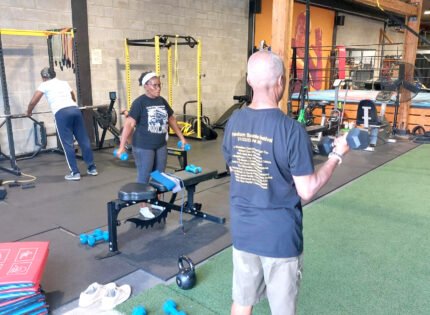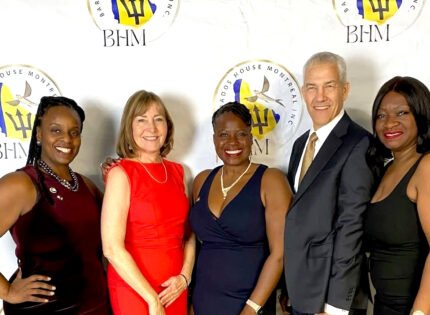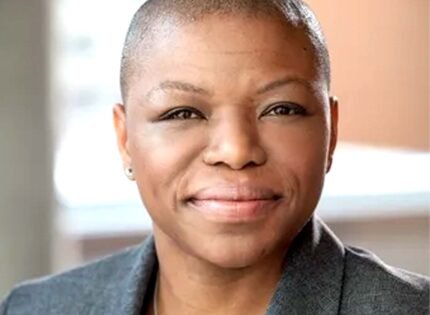After multiple stops and alleged harassment
Rosie Awori
“This time, the (justice) system worked. And it’s the best Christmas present I ever received.”
After years of complaining of harassment by the Montreal police, Kenrick McRae has found vindication.
It came In late December, in a 31-page ruling, the Quebec’s police ethics committee ruled that the Montreal police officers, Constables Christian Benoit and Philippe Bernard-Thomassin unlawfully arrested McRae, a Black man, and two years ago in what was a racially motivated intervention.
Constables Benoit and Bernard-Thomassin were found guilty of 16 police ethics violations stemming from an interaction with Kenrick McRae in March 2017.
The ruling stated that the officers acted unlawfully when they detained, arrested and used force against McRae, as well as scrolling through and deleted content from a video camera McRae uses to record interactions with police, and lied in police reports, the ruling read.
It’s been a long journey to justice for McRae, he recalls an incident where he said he was cleaning trash out of his car when police stopped him.
“I heard the male police officer who was on the passenger side say ‘Boy, who the car belong to?’ I turned around and said ‘Me, what’s the problem?’”
McRae said one of the officers approached him and asked for identification. When he asked why, the officer picked up an empty beer bottle from the trash bag and accused him of being under the influence.
“I said ‘If you’re accusing me of being under the influence, do a field sobriety test,’” he said.
McRae said the officers told him they didn’t have time to perform a Breathalyzer and told him if he didn’t provide I.D., he would be arrested.
“I thought to myself ‘I don’t want to die today,’ so immediately I took out my I.D. and gave it to her,” he said.
The officers wrote him a ticket for $482 for being the driver of a vehicle and having consumed alcoholic beverages.
According to Fo Niemi, executive director for the Centre for Research-Action on Race Relations, who helped McRae with the case, “the commission found the officers’ testimony incoherent and unreliable.”
“They said that basically the evidence showed that they stopped him basically to create hardship for him, and because of his race,” he said.
The 48-year-old McCrea, a former assistant superintendent with the Guyana Constabulary Force, who drives a Mercedes Benz ML500 sees himself as a poster child for racial profiling in Montreal.
He says over the past couple years he has been a victim of continuous harassment at the hands of the police.
He tells the story of one morning over a span of an hour or two, receiving three tickets from one officer who followed him, waiting form to make the slightest of mistakes on the road.
The harassment weren’t as traumatic as they were, they would have been material apt for comedy.
Another morning an officer who claimed that there was no license plate on his car stopped him. McRae claims that he couldn’t believe what he was hearing and upon checking, there it was.
The officer said he didn’t see it. When he complained the police supervisor told that officers are human beings and they make mistake.
Another he was driving up Cavendish Blvd. and making a turn on Cote St. Road in NDG, when he observed a police vehicle coming at ‘break-neck’ up Cavendish. He could believe that they were after him. They were. When the female office pulled him over. He asked what was the problem, she told him that only wanted to caution him “to drive carefully.”
And in the incident connected to the ruling: on March 3, 2017, McRae was the subject of a public takedown by the police on Westminster Avenue in NDG. Then he was told that his license plate lights weren’t working. They were but the encounter led to him being roughed up and handcuffed for “disturbing the peace.”
Driven to the heights of frustrations because of his repeated “run-ins” with the police, McRae publicly called on the United Nations to step in and shine an international spotlight on the issue of racial profiling in Montreal .
Though he is happy that he won this round against the police, McRae still feels like e must tread with caution.
The ethics committee will determine what penalties Constables Benoit and Bernard-Thomassin should face.
Those penalties can be appealed in Quebec court.















